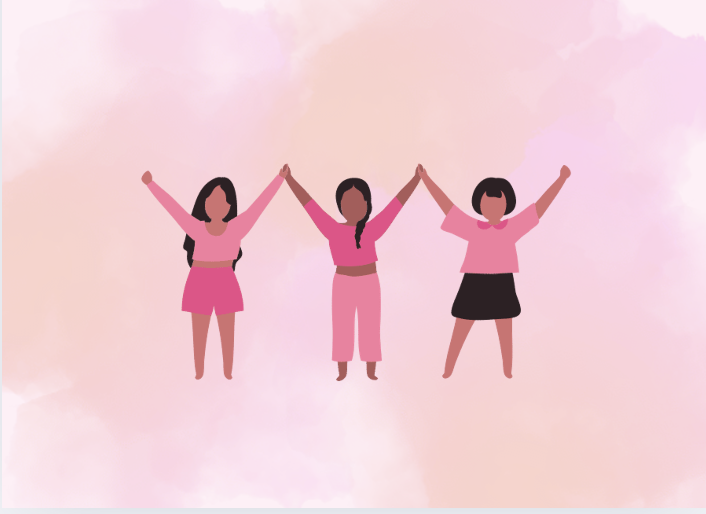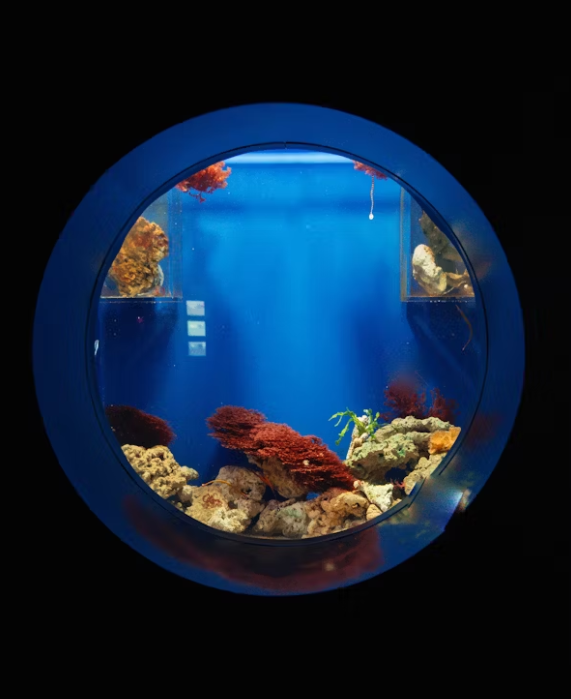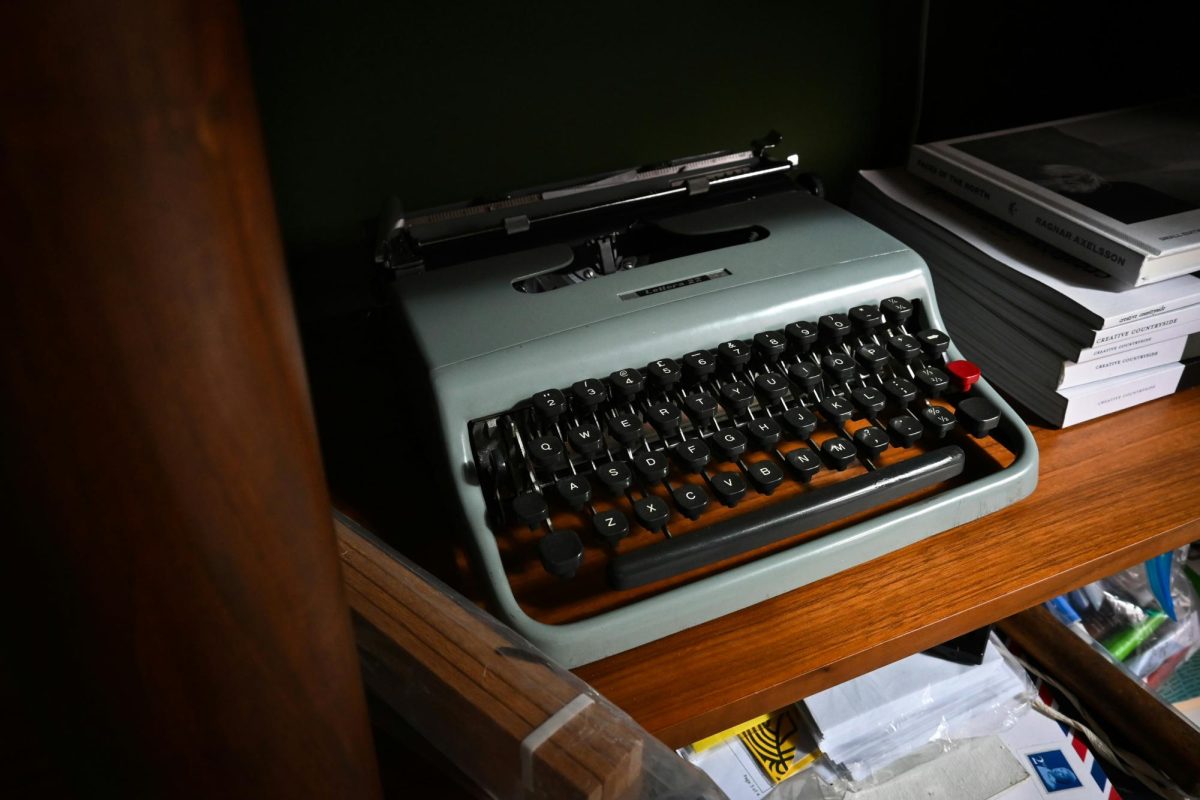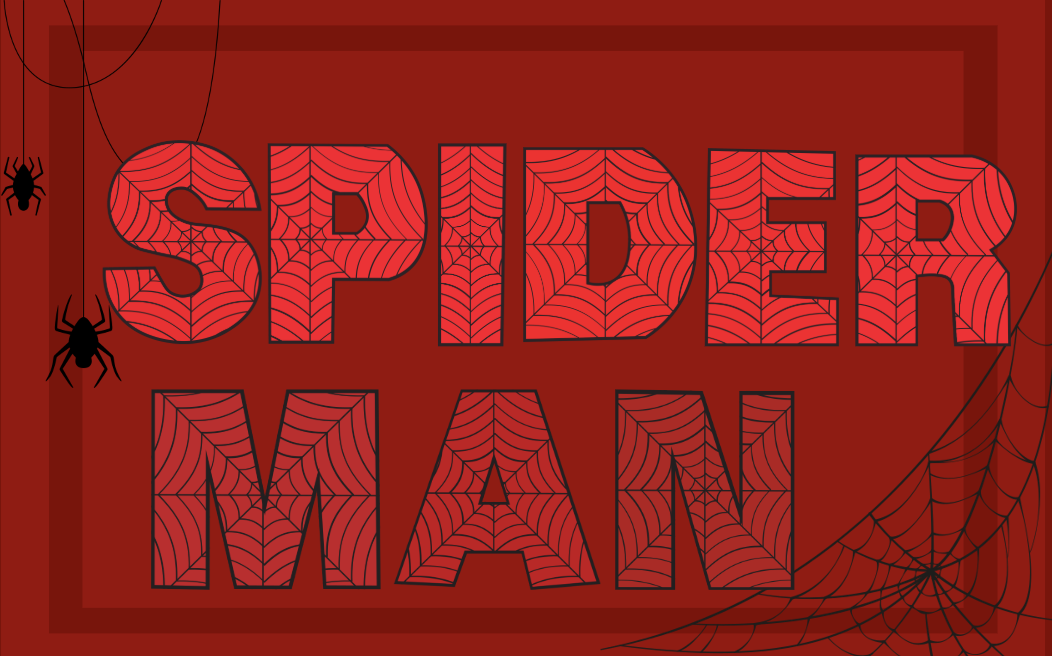“I’m just a girl.” It’s a great phrase, right? It brings women together, bonding us with a special connection. But why are we just a girl? Why can’t we take that word out altogether?
Dress up. Look pretty. These things are commonly valued within the female society, yet they are often looked down upon by our male counterpart. Women told to not make a big deal out of it, to just suck it up and move on with their lives. Our interests, such as fashion or cosmetics, may be seen as expensive problems or addictions, yet men can do almost anything, and no one would question them.
This has become especially obvious in the recent weeks leading up to our formal. While many of the girls have been passionately discussing plans for dresses, shoes, nails, hair, makeup, and so on, the boys snicker and roll their eyes. But when it came to buying expensive wristwatches, there was no question in sight.
After an initial viewing, the film Legally Blonde can appear to be an empowering statement. The protagonist, Elle, pushes back against everyone’s expectations and perseveres to prove others wrong. She graduated. She’s going to marry the love of her life. It’s all happy and smiles, proving that a woman can do anything she puts her mind to and that she shouldn’t be underestimated.
However, the film also shines a light on gender inequality, stereotypical male dominance, and the objectification of women.
Elle presents the idea that women idolise love and marriage because she turns her whole life around for a man. Almost all of her actions throughout the film are centred around the views of men and how she can impress Warner in order to win him back. Elle places her entire worth on the opinions of men and doesn’t seem to have any other motivations for her behaviour.
Elle also leans into the idea of the objectification of women as she dresses to please the male eye. In her admissions video, Elle is hypersexualised in her bikini. Not only does this show how women are viewed by men, but it also provides insight into where Elle may find her worth: in the approval of men. Her offer for an internship was also fuelled by the wrong intentions, showing how women are viewed and treated by men in power. The realisation that she was being offered work because of her attractiveness was so degrading that Elle almost quit law altogether.
Women are being pushed into the workforce, but the environments are toxic and unsupportive. With everything from unequal pay to dress codes, women are told that they need to tone down their femininity in order to be taken seriously or become “successful”. When Elle first arrives at law school her peers tease her and make comments about her appearance. Someone even goes so far as to call her a “Malibu Barbie”. While some of this teasing may have been valid, because Elle did not prep for her class and was slightly clueless when first commencing at Harvard Law, majority of it was uncalled for as it was based off prejudice due to her choice of clothing. Someone with sparkles and a fluffy pen surely couldn’t be serious enough to be studying law, right?
Common female interests are looked down upon and not taken seriously. Things like football have become so ingrained and celebrated in our society, yet fashion is not widely respected because it is something that women are interested in. Elle does extremely well in her studies, yet she is not given recognition for this because her major was in fashion merchandising.
However, Elle notices many details that would have been overlooked by other. It is these details that ultimately provide Elle with the tools to win her case before the jury. Whether it’s the designer shoes or showering after a perm, these crucial details not only aid Elle in her pursuits but they lead to her first breakthrough her legal pursuits.
This film is so empowering, yet a closer look reveals many critiques of our society. What seems like a harmless chick flick at first can also be interpreted as a criticism of gender roles and inequality in our ever-evolving culture. Many films are quite the same: they can be casually viewed for lightheart entertainment, yet they have the capacity to evoke deeper thought about the flaws that have been normalised within the wider community.
The character of Elle Woods in Legally Blonde may have had almost no impact on the audiences’ understanding of diverse experiences and perspectives. Still, it could have also provided insight into the experiences of women in male dominated fields. Even if it was just a small insight, that is what provides an accessible stepping stone to encourage a much weightier discussion.
This piece is a part of the Student Showcase for Year 10.











